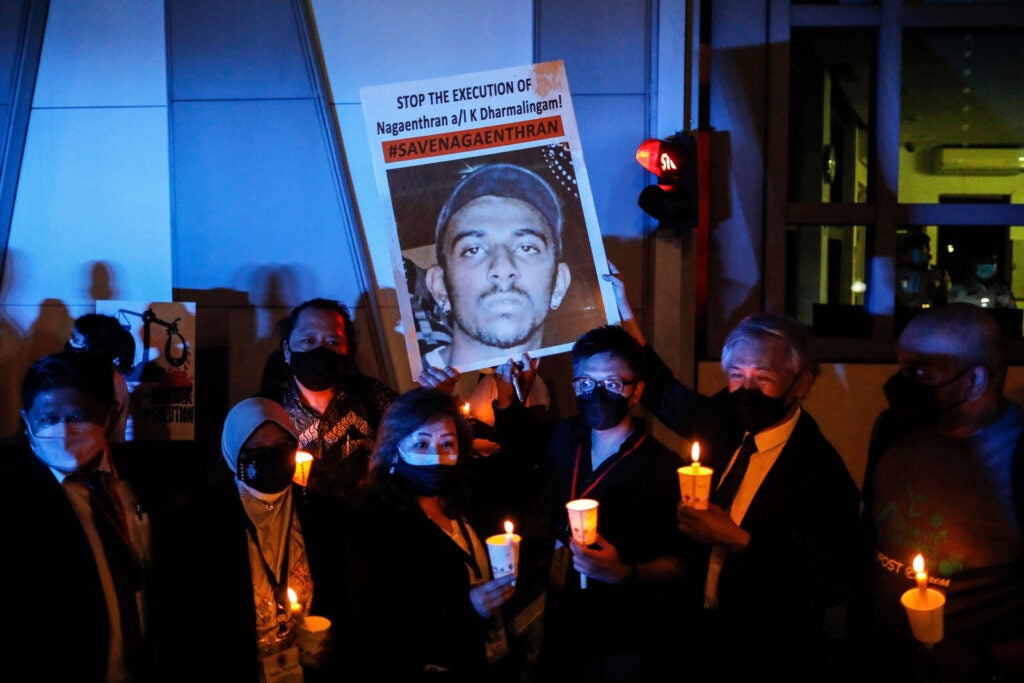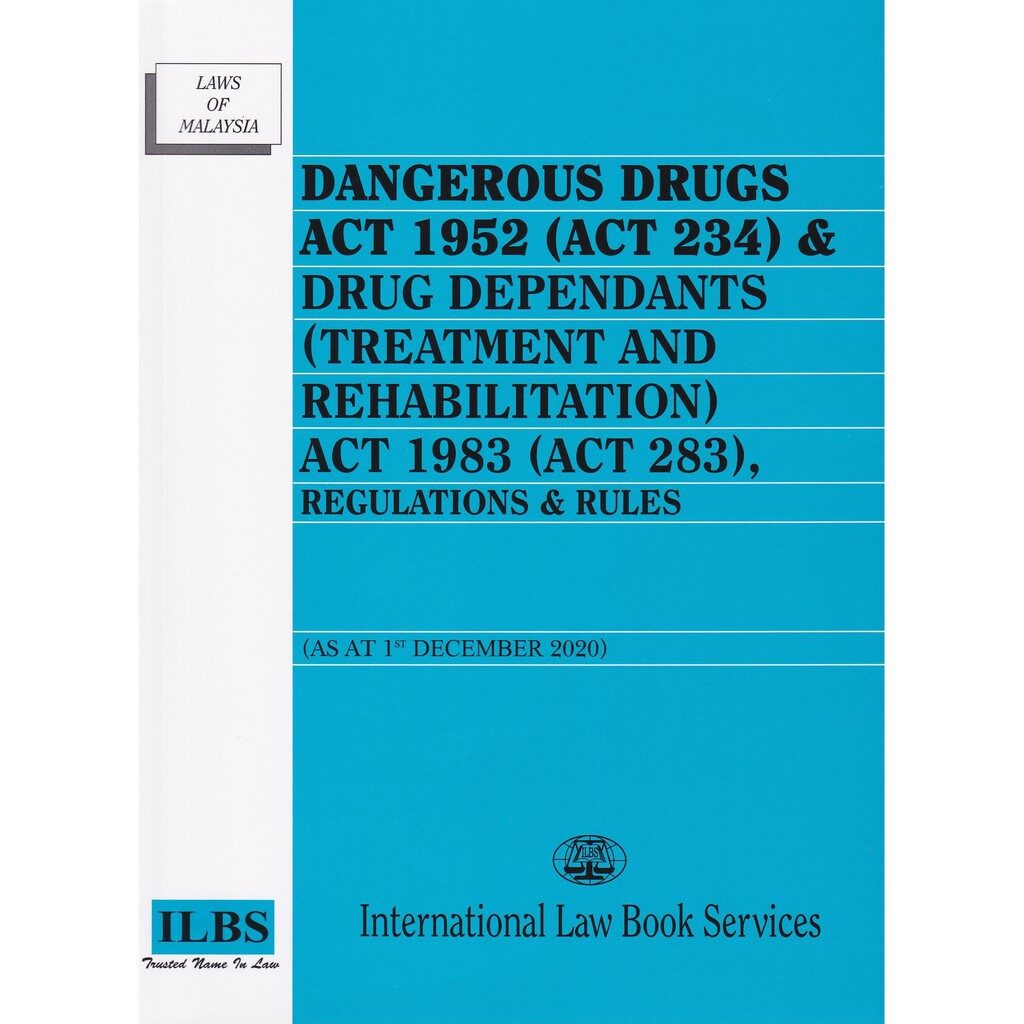Disclaimer: In Real Life is a platform for everyday people to share their experiences and voices. All articles are personal stories and do not necessarily echo In Real Life’s sentiments.

ICYMI: Malaysian Nagaenthran K Dharmalingam was executed in Singapore this morning for attempting to bring heroin into the country.
He had been on death row in Singapore since 2010 after being caught crossing into Singapore from Malaysia with 43g of heroin strapped to his left thigh. Nagaenthran claimed to have been coerced to carry the drugs across the border because of a threat, by someone he borrowed money from, to murder his girlfriend.
In 2015, he appealed to have his sentence commuted to life in prison on the basis that he suffered from an intellectual disability.
This brought on an even bigger spotlight onto the death penalty surrounding the laws within the state governments. How can one justify taking away life?
What even is a “fair trial”? How do we balance the scales?

In Malaysia, we have found numerous violations of the right to a fair trial. Defendants who cannot afford or are unable to hire their own lawyers are often unrepresented during police interrogations, and lack interpretation if they do not speak Bahasa Malaysia. There are credible allegations of torture and other ill treatment at the hands of authorities. And if you’re an Indian man, police brutality is a valid fear.
The imposition of the death penalty after a violation of the right to a fair trial is a violation of the right to life. There is no perfect criminal justice system and mistakes can always occur. However, the irreversible nature of the death penalty leaves no room for redress if an innocent person is wrongfully convicted and executed.
The death penalty also discriminates. The greater the disadvantage, the greater the risk of being sentenced to death. And in this case, Nagaenthran was said to have an IQ of 69 – a level recognised as a disability.
Singapore may be the country that brought up the conversation about the death penalty, but Malaysia is in no position to point fingers

The death penalty has occupied a place in the Malaysian criminal justice system since the British colonial administration, when the mandatory death penalty was originally enforced for murder.
Although the Dangerous Drugs Act was introduced by the British colonial government in 1952 to combat the threat of drug-related substances, the DDA did not carry the death penalty until 1975, when the government’s campaign against drugs began. Capital punishment was introduced as a discretionary penalty for drug traffickers. This punishment was made mandatory in 1983.
Of course, this does not prevent disagreements and debates regarding the death penalty. There will always be differing opinions whatever case may be. But one thing for sure is that at the end of the day, the argument remains inconsequential as someone still ends up losing their lives to the system.
The application of the death penalty can also be arbitrary, particularly for those whose nationality, gender, socioeconomic background, etc., can leave them more vulnerable to being sentenced to death.
What is it about the death penalty that is supposed to act as a unique deterrent against crime anyway?
The death penalty ultimately brings little progress as the bigger fish are always let go while the smaller ones are sacrificed

Simply put, governments should not kill people. Or as the United Nations Human Rights Committee has put it, “the death penalty cannot be reconciled with full respect for the right to life.”
Every single human being has the inherent right to life and governments have an obligation to protect lives, not take them. This right is recognized under international law for all human beings, without distinctions of any kind, including for persons suspected or convicted of even the most serious crimes.
It is high time the authorities focused their resources on tackling the root causes of crime and devised long-term, more effective solutions. The death penalty does not make us safer.
Rest in power, Nagaenthran.
For more stories like this, read: 5 Malaysian Criminals Who Are Free To Do Whatever They Want and Sam Ke Ting & The Basikal Lajak Case: Everyone Involved Is A Victim
You might also like
More from Real People
‘A RM100 fee cost a company 5 years of revenue’ shares M’sian
This story is about a Malaysian who learned that bureaucracy can be defeated simply by not arguing with it.A billing …
‘I quiet-quit, upskilled, and tripled my salary,’ shares M’sian engineer
This story is about a Malaysian who learned that loyalty without leverage leads nowhere in the corporate world.After years of …
‘I did everything right, and it still wasn’t enough’ shares M’sian graduate
This story is about a Malaysian graduate navigating big dreams in a job market where a degree no longer guarantees …


















